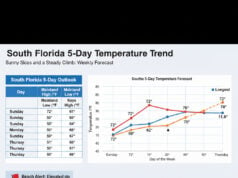
Finding an effective antidepressant medication for people diagnosed with depression, also called major depressive disorder, is often a long and complex process of “try and try again” ― going from one prescription to the next until achieving a therapeutic response.
This complex disease, which affects more than 16 million people in the U.S., can cause symptoms of persistent emotional and physical problems, including sadness, irritability and loss of interest. In severe cases, suicidal thoughts are a risk.
Now, a computer algorithm developed by researchers within Mayo Clinic’s Center for Individualized Medicine and the University of Illinois at Urbana-Champaign could help clinicians accurately and efficiently predict whether a patient with depression will respond to an antidepressant.
The new research, published in Neuropsychopharmacology, represents a possible step forward in individualizing treatment for major depressive disorder. It also demonstrates a collaboration between computer scientists and clinicians who are using large datasets to address challenges of individualizing medicine practices of globally devastating diseases.
Read the rest of the article in the Individualized Medicine blog.
‘Courtesy: Mayo Clinic News Network.’[/vc_message]
Disclaimer
The information contained in South Florida Reporter is for general information purposes only.
The South Florida Reporter assumes no responsibility for errors or omissions in the contents of the Service.
In no event shall the South Florida Reporter be liable for any special, direct, indirect, consequential, or incidental damages or any damages whatsoever, whether in an action of contract, negligence or other tort, arising out of or in connection with the use of the Service or the contents of the Service.
The Company reserves the right to make additions, deletions, or modifications to the contents of the Service at any time without prior notice.
The Company does not warrant that the Service is free of viruses or other harmful components












